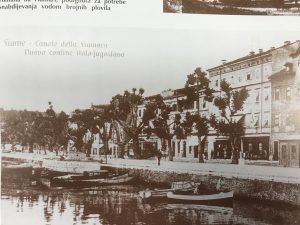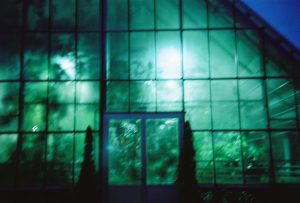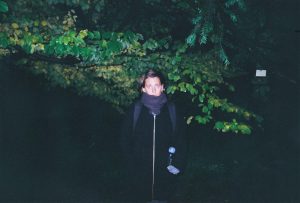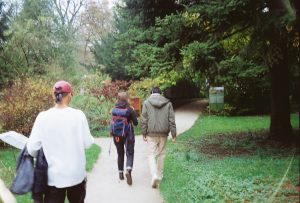21_11_2019
…national borders within the water ecologies — rivers, lakes, underground rivers and the sea — are forced occupation of the aquatic world…administrative erasing of the free human interaction with the rivers and sea flows…that is the fact and that is imposed to us…the borders on the waters are unacceptable for the humans, plants and animals who need to cross them aiming to change their habitat… the differences between human and non-human crossings are: 1- for plants and animals border crossing is related to the matter of the organic circumstances as reproduction, weather conditions or other unknown reasons, 2 – for the humans border crossing is related to the geography, bio-political belonging, environmental disasters, systemic violence, wars, and finally privilege to be able to do it or non-privilege to not be able to do it…in any of these circumstances there are always people that we are leaving behind us…
..rijeka historically speaking is divided city and the border is within the canal of the river rječina/fiumana

..we are not really sure if this is the fact related to the past and why we wrote above: “the border is within the canal of the river rječina/fiumana”..
according to the botanist alan (invented name) that we met yesterday, biodiversity of rijeka is very rich due to the long history of the port city — there are many species who are exotic to the delta region..the port activities decreased and alan thinks that also foreign species probably decrease as well..
..actually plants are exposed to the reproduction barriers and sometimes geographical limits given to the plants are just related to the national narrative that certain plant belong only to the certain location – they are called endemic species..many plants are planted and grown under control — in botanical gardens..
meeting in ljubljana in botanical garden with the activist of the second home in exile
 facade of the glass house of the botanical garden
facade of the glass house of the botanical garden



